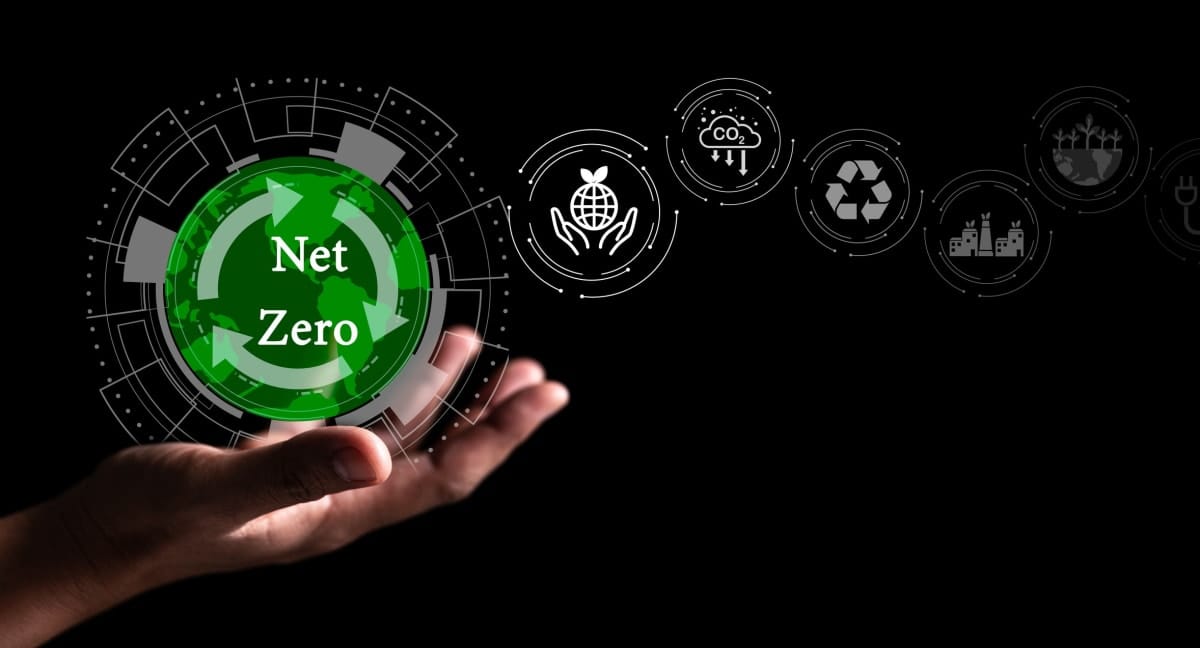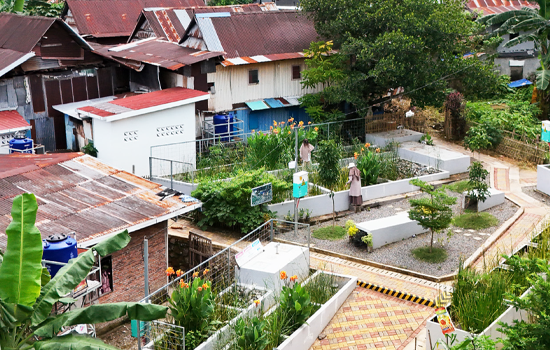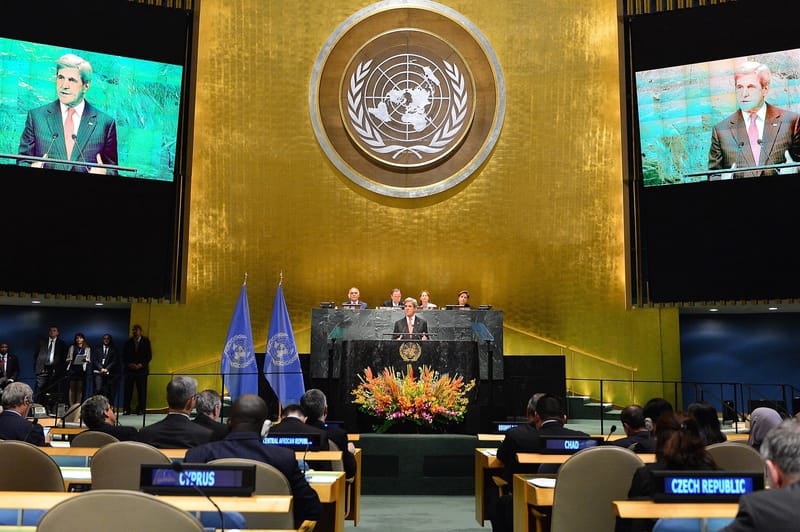
Universities’ vast campus infrastructures and large populations of students, staff and commercial tenants can make them seem like miniature cities.
And, like cities, these campuses contribute significantly to greenhouse gas emissions.
However, universities are well-positioned to demonstrate crucial leadership in the global race towards net zero.
Unlike most city precincts, where assets are owned and operated by different parties, universities generally have control of their campus environment.
This gives them the ability to transform into net zero precincts at speed.
They can demonstrate community leadership, innovate scalable solutions, and address long-term financial and environmental risks.
And they’re also uniquely positioned to convene and form partnerships across research, industry and public institutions that amplify climate action.
Universities are also equipped with engaged staff and students who are dedicated to combating climate change.
Reducing emissions on campus
There’s a range of initiatives universities can undertake on campus to reduce emissions, including:
- developing campus microgrids and adopting renewable energy sources
- promoting sustainable commuting, switching to zero-emission vehicles, and encouraging eco-friendly business travel
- retrofitting campus buildings to be more energ-efficient by upgrading HVAC, lighting and other energy consuming appliances
- embracing circular economy principles and implementing material recovery initiatives
- adopting sustainable procurement practices and influencing emission reduction from suppliers
- serving as change agents, engaging with student bodies, and fostering net zero-aligned education, research, and innovation.
Universities can act as living labs, testing solutions at scale within campus precincts. These solutions can then be deployed more widely, by amplifying success stories, driving knowledge, and translating research to successfully replicate initiatives within our cities.
Net zero on campus means changing behaviour - not just implementing new tech. That’s why we’ve helped Monash University identify 60 behaviours to accelerate to net zero, prioritising those with the highest impact and lowest effort. Read our blog: https://t.co/XL9x7q2hmZ— BehaviourWorks Australia (@BehaviourWorksA) March 14, 2023
Universities must also prioritise developing advanced curricula on decarbonisation solutions.
Collaboration is critical
To overcome common barriers to implementation, net zero initiatives can be advanced through collaboration across industry and research.
Universities can leverage their research capabilities to develop and deploy cutting-edge technologies and solutions.
By sharing lessons from their implementation of on-campus decarbonisation initiatives, universities can equip students, community and industry partners with the skills and knowledge necessary for replicating these successes.
Sharing best practices, resources and tools allows universities at the forefront of climate action to support those who are just beginning to decarbonise their campuses and cities.
Supporting net zero universities
More than 1000 universities worldwide have joined the United Nations Race to Zero campaign to decarbonise their campuses.
However, each institution will embark on a unique path to net zero.
What’s been lacking until recently is the ability to bring universities together to share best practices, resources and tools so that pioneers in the area can assist those beginning their decarbonisation journey.

To this end, the United Nations Sustainable Development Solutions Network (SDSN), in collaboration with Monash University’s Climateworks Centre and Monash Energy Institute, has published a Net Zero on Campus guide and online toolkit comprising case studies and resources.
These resources detail a range of campus initiatives to reduce emissions across energy, transport and mobility, buildings and facilities, waste management, and value chains through specific actions such as those outlined above.
Additionally, SDSN is fostering a vibrant community of practice, supporting more than 1000 universities worldwide in aligning their campuses with net zero principles and technologies.
This network highlights the urgency of pooling resources for knowledge-building and the potential for universities to lead in decarbonisation efforts.
The guide, online toolkit, and global community of practice through this initiative will provide invaluable support to universities and colleges worldwide.
These resources empower educational institutions to accelerate decarbonising their operations and leverage their strengths as global change agents during this critical decade of action.
Join the Sustainable Development Solutions Network (SDSN), the Monash Energy Institute and Climateworks as they share crucial lessons and resources for accelerating campus decarbonisation efforts worldwide. They will be hosting a webinar on Thursday, 20 April, between 2-3pm AEST, featuring Monash President and Vice-Chancellor Margaret Gardner AC, Climateworks and SDSN Chair John Thwaites, and experts from across the Asia-Pacific region.





